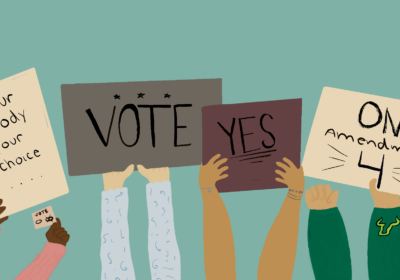Friends dont let friends become roommates
Spending time with friends is a great thing, but living with them is a different story. Though it may seem like the perfect idea and may even be easy at first, rooming with friends can come with a lot of complications.
Psychologist Dr. Carl E. Pickhardt told Psychology Today that “even friends (much less acquaintances or strangers) do not automatically make good roommates. People are different in a host of ways – in physical, psychological, social and cultural makeup-and not all those ways are going to easily mesh or match.”
Differences in cleaning philosophies or what qualifies as an appropriate time to watch television in the living room may cause problems that would otherwise not arise within a friendship. Things that once didn’t matter about a friend, such as the irritating song they use as an alarm in the morning, can become annoying very quickly and cause unnecessary strife between even the best of friends. These types of problems can easily be avoided by choosing to live separately. It is better to put a comfortable distance between yourself and friends in order to make it easier to maintain a healthy relationship.
The biggest issue in any living arrangement, regardless of the relationship status, is communication. A lack of communication can quickly spiral into the deterioration of any friendship, but it can be even more destructive when living with that person. In many cases, people are less likely to speak up about an issue involving a friend rather than a random roommate because they are afraid that discussing the issue will worsen problems.
John Pace, the manager of the Brigham Young University Center for Conflict Resolution, said to collegebound.net, “In many conflictive situations, people are not trying to understand each other … Each person is more concerned about being right than what is (actually) right.”
When living with friends, there is a greater risk for hurt feelings and miscommunication during a confrontation.
Should things start to go downhill in a friendship, living with that person, will most likely make it harder to heal.
Psychologist Dr. Irene S. Levine, the “friendship doctor” for Psychology Today, offered her insight on conflicts between friends, saying, “Because we invest so much of ourselves in our friendships, it’s normal to feel disappointed, guilty, angry, sad, ashamed and/or embarrassed when this happens. Admittedly, having to see the person on a daily basis compounds these difficulties.”
While moving in with strangers can elicit the fear that you’ll end up living with a “psycho,” there is no risk of ruining a friendship that would have survived perfectly fine outside of a lease agreement. The risk of damaging a close relationship outweighs the benefit of avoiding living with strangers.
Odds are, you’ll end up with someone who’s perfectly fine and considerate, but if worse comes to worst, you would still have your friends to call and spill your crazy roommate stories to.
Erika Johnson is a sophomore majoring in architecture.






